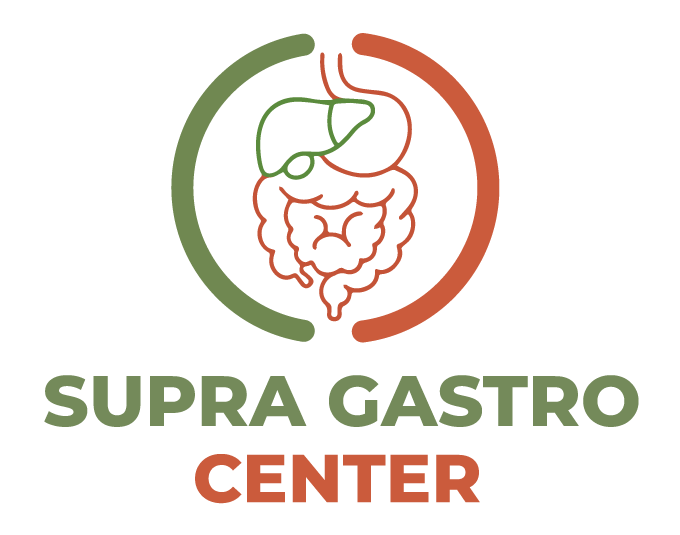Incisional hernias can be repaired using open surgery or laparoscopic techniques, sometimes reinforced with surgical mesh. These approaches aim to restore abdominal wall strength, reduce recurrence, relieve pain, and allow quicker recovery with minimal complications.
-
Working Hours: 05.00PM - 09.00PM
-
Email : contactsupraclinic@gmail.comEmail : contactsupraclinic@gmail.com
-
Phone Number : +91 9347665652Phone Number : +91 9347665652

